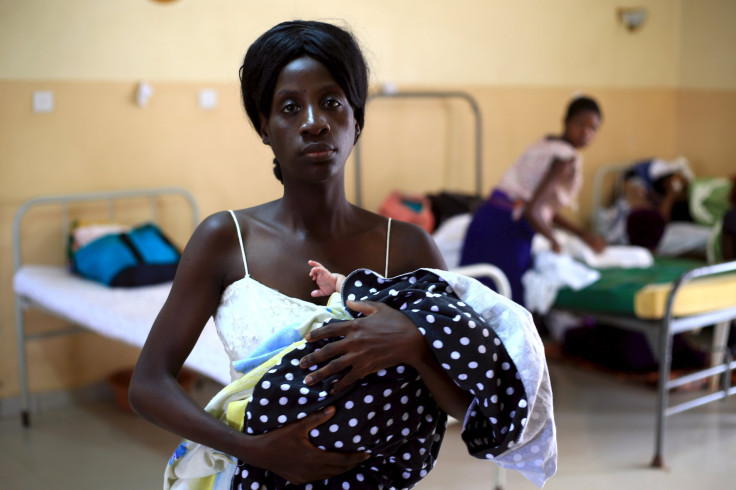HIV infection: HIV positive African women suffer emotionally for not breastfeeding their infants

A UK study published online in BMJ, points out the adverse emotional and psychological impacts on HIV positive African women who cannot breastfeed their infants in the fear of transmitting the deadly HIV infection to their babies.
The researchers have urged healthcare providers to understand that for the African HIV positive women, not breastfeeding to protect the babies from contracting HIV takes a high emotional toll on the mothers.
Asking these HIV positive African mothers not to breastfeed carries not only significant emotional cost but also social and financial costs. Therefore it is important to build a non-judgmental and safe environment where these expectant mothers can openly discuss their concerns.
According to the study’s lead author Dr. Shema Tariq of University College London, the benefits and risks of breastfeeding for HIV positive women depend on the setting they live in.
In the journal Sexually Transmitted Infections, Tariq and her colleagues point out that in high-income settings like that in the UK, there is little or no risk of diarrheal illness or malnutrition for babies of HIV positive mothers, raised without the protective factors in breast milk.
Hence, women with HIV in high-income settings are advised not to breastfeed. However, that is not the case for HIV positive African women and in other low-income settings where infant death caused by diarrhoea and malnutrition is rampant. There, the infected women are advised to exclusively breastfeed their babies for six months and at the same time be on antiretroviral therapy (ART).
Although the ARTs decrease transmission risk via breastfeeding to 0-6 percent, chances are still there. However, without ART, transmission risk is 16 percent, reports Reuters.
According to the African women interviewed, they understood the risks of HIV transmission but also felt guilt, fear and sorrow. Out of the 22 women interviewed, only four seemed okay with formula-feeding.
Mothers felt guilty of not giving their infants “the best.” They were also concerned about not bonding properly with their children, if formula-fed. Some also expressed concern about work and expense involved in preparing formula several times a day. There were others who felt a social and cultural compulsion to breastfeed. Some were forced to breastfeed their babies as they did not want others to know about their HIV positive status.





















